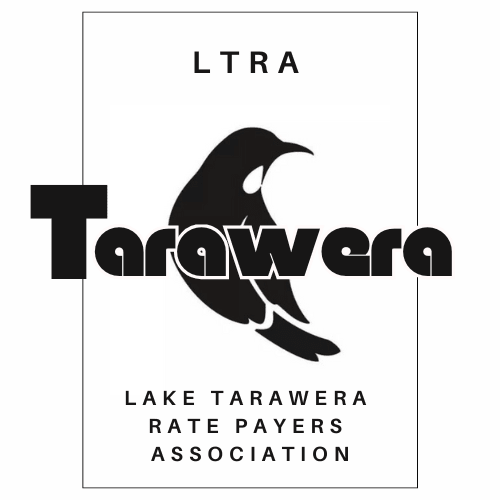Freshwater Gold Clam
Preventing the Spread of Freshwater Gold Clam
in New Zealand's Rotorua Lakes
The freshwater gold clam (Corbicula fluminea), native to Southeast Asia, was first discovered in New Zealand's Waikato River in May 2023. Since then, it has spread to various locations, posing significant risks to local ecosystems, water infrastructure, and recreational activities. Although it has not yet been detected in the Rotorua Te Arawa Lakes, proactive measures are essential to prevent its spread to these iconic waterways.
Why Is the Freshwater Gold Clam a Problem?
The freshwater gold clam is a highly invasive species that can disrupt aquatic ecosystems in several ways. These clams are prolific breeders, producing thousands of offspring in a short time, which allows them to quickly establish large populations. Once established, they outcompete native species for resources, such as food and habitat. This reduces biodiversity and harms the delicate balance of local ecosystems.
In addition to their ecological impact, freshwater gold clams can clog water intake pipes and infrastructure, leading to costly maintenance and water treatment issues. They are also known to alter water quality by increasing sedimentation and nutrient levels, which can degrade the health of the water body, affecting both aquatic life and recreational activities such as fishing and boating.
Current Situation in Rotorua Lakes
As of March 2025, the freshwater gold clam has not been detected in the Rotorua Te Arawa Lakes. However, the Ministry for Primary Industries (MPI) issued Controlled Area Notices (CANs) in November 2023 for the Waikato River and surrounding areas to prevent the spread of the species. These notices impose restrictions on the movement of boats and equipment between affected water bodies to mitigate the risk of spreading the clam. In Lake Ōkataina, specific protocols have been put in place. All boats must be washed at the Te Ngae wash station before entering the lake, with proof of washing required upon arrival.
Steps to Prevent the Spread
Report Sightings: If you encounter freshwater gold clams in any water body, promptly report the sighting to Biosecurity New Zealand. Early detection is crucial for effective management. Biosecurity New Zealand
Clean, Drain, and Dry: Before moving boats, fishing gear, or any equipment between water bodies, ensure they are thoroughly cleaned to remove all mud, plants, and animals. Drain all water from boats and equipment, and allow them to dry completely. This process helps eliminate any clams or larvae that might be present. Fish and Game New Zealand
Adhere to Local Protocols: Follow all local biosecurity measures, including mandatory boat washing and movement restrictions. For example, Lake Ōkataina requires proof of boat washing at the Te Ngae wash station before entry. Rotorua Lakes Biosecurity
Avoid Moving Live Bait: Live bait can carry clams. Always check for clams before transporting bait between water bodies.
Stay Informed: Regularly check updates from local councils and biosecurity authorities regarding the status of freshwater gold clams and any new protocols or restrictions in place. Rotorua Lakes Biosecurity
Let’s collectively protect New Zealand's Rotorua Lakes and other waterways from the invasive freshwater gold clam, preserving their health for future generations.
